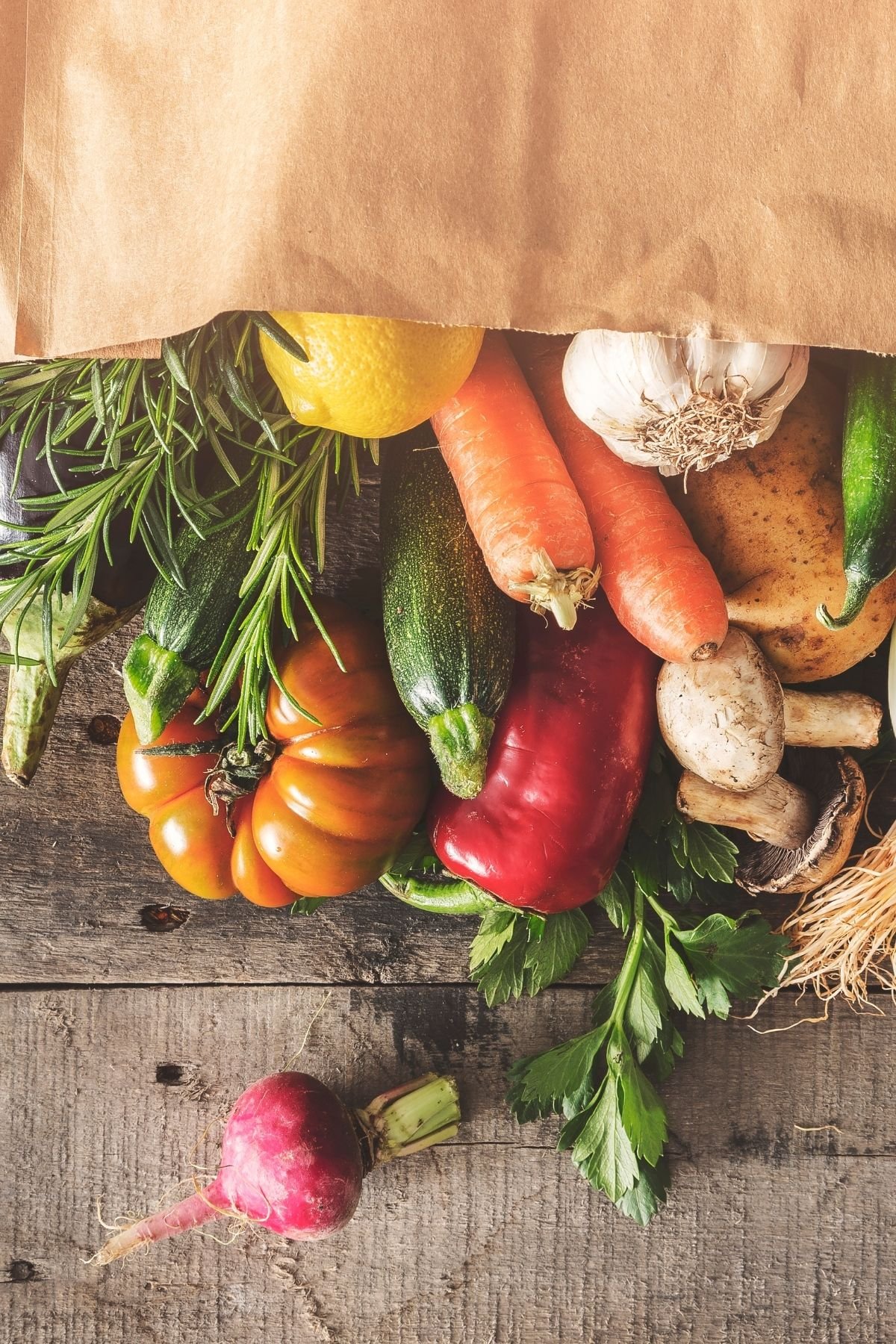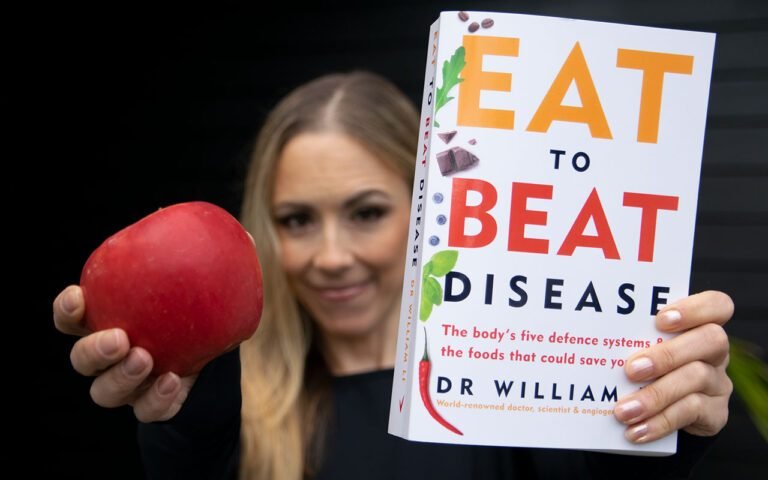How to Eat Organically: 8 Budget-Friendly Tips
In today’s world, many of us are becoming increasingly conscious about what we put into our bodies. One major aspect of this is choosing organic foods. But what does “organic” really mean, and how can you make the switch to incorporating more organic foods into your diet without breaking the bank? Let’s break it down in simple terms.
What Does Organic Mean?
Organic foods are those that are produced without the use of synthetic fertilizers, pesticides, or genetic modification. The USDA certifies foods as 100% organic based on strict guidelines covering soil and animal raising practices, as well as pest and weed control. Essentially, organic foods are grown or raised using natural methods that prioritize soil health, animal welfare, and environmental sustainability.
How to Eat More Organic
- Prioritize Certain Produce: Opt for organic versions of fruits and vegetables with thin or no protective skin, such as berries, greens, cherries, and tomatoes. These are more likely to absorb pesticides. Foods like bananas, avocados, and citrus have thicker skins, so organic may be less crucial for them.
- Check Your Local Store: Organic food sections in grocery stores are expanding. Take another look at your local store’s offerings; you might be pleasantly surprised.
- Eat Seasonally: In-season organic produce is often more readily available and affordable. Embrace summer berries and winter squashes for variety and freshness.
- Watch for Sales: Organic foods go on sale too! Keep an eye out for discounts and coupons to make your organic purchases more budget-friendly.
- Engage with Farmers: Ask local farmers about their pesticide use and encourage them to consider organic methods. Your feedback can make a difference. Even better, consider growing your own organic produce if possible.
- Try Frozen Organic Produce: Frozen organic fruits and veggies are convenient, often cheaper than fresh, and retain their nutritional value well.
- Cook at Home: Many restaurants don’t use organic ingredients, so taking charge of your meals at home ensures you control the quality of your ingredients.
- Embrace Imperfection: Striving for perfection can be overwhelming. Don’t stress if you can’t always eat organic, especially when traveling or on a tight budget. Do your best and make gradual improvements over time.
FAQs
1.Is organic food really healthier?
Research suggests that organic foods may have higher nutrient levels and fewer pesticide residues compared to conventional foods. While more studies are needed, choosing organic can be a step towards a healthier diet.
2.Are organic foods always more expensive?
While organic foods can be pricier, there are ways to make them more affordable, such as buying in-season produce, shopping sales, and opting for frozen varieties.
3.Can I trust labels that say “natural” or “all-natural”?
Unlike “organic,” terms like “natural” or “all-natural” aren’t regulated by the USDA. They may not guarantee the same standards as organic certification, so it’s essential to read labels carefully and look for the USDA organic seal for verified organic products.
Conclusion
Incorporating more organic foods into your diet doesn’t have to be daunting or expensive. By making strategic choices, such as prioritizing certain produce, shopping smart, and engaging with local farmers, you can enjoy the benefits of organic eating while supporting your health and the environment. Remember, it’s not about perfection; it’s about making conscious choices that align with your values and budget






